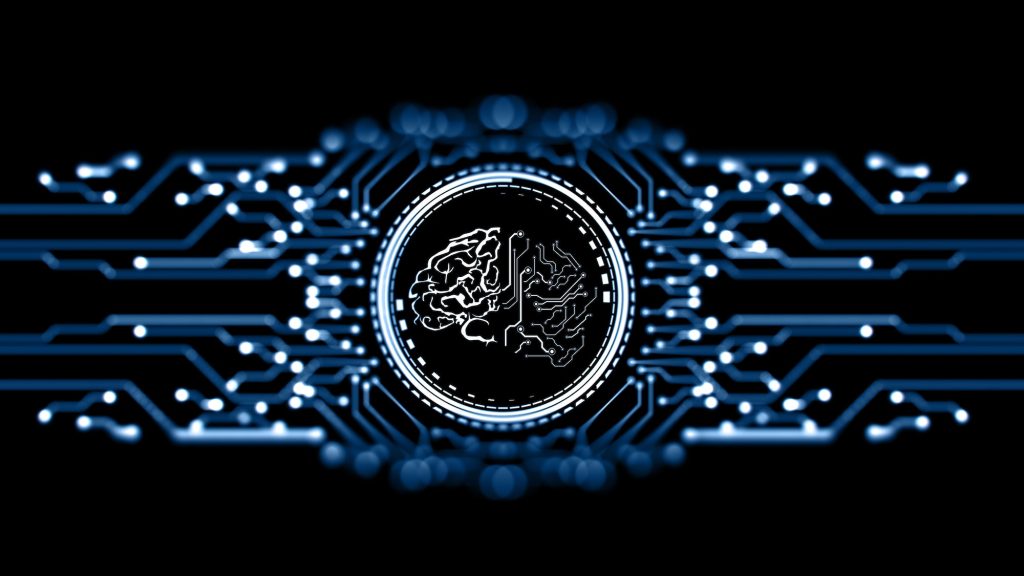
One key legal consideration is the General Data Protection Regulation (GDPR), implemented by the European Union. The GDPR establishes strict rules for processing personal data, including obtaining consent, providing transparency, and ensuring security measures. AI engineers must adhere to these regulations when collecting, storing, and processing personal information.
Additionally, ethical considerations must be taken into account when designing AI systems. Bias in algorithms can lead to discriminatory outcomes or perpetuate existing inequalities. Engineers should strive for fairness and inclusivity by regularly auditing their models for preferences and refining them accordingly.
Data privacy is another critical aspect of AI engineering. Personal information collected by AI systems should be protected from unauthorized access or misuse. Encryption techniques can be employed to secure data during storage or transmission.
Furthermore, anonymization techniques can help minimize privacy risks by removing personally identifiable information from datasets for training AI models. However, complete anonymization may only sometimes be achievable due to the potential re-identification of individuals through cross-referencing with other datasets. Legal considerations and data privacy are paramount in AI engineering. Compliance with regulations such as GDPR ensures that personal information is processed lawfully while protecting individuals’ rights. Ethical considerations should also guide engineers toward fair and inclusive AI systems that do not perpetuate biases or discrimination. By implementing robust security measures and employing anonymization techniques where appropriate, we can strike a balance between technological advancements and safeguarding individual privacy in an increasingly interconnected world.
